Display these solar and lunar eclipse diagrams in your classroom when learning about the alignment of the Sun, Earth and moon.
What Is the Difference Between a Solar and Lunar Eclipse?
Are your students curious about eclipses? When addressing this topic, you can tell your students that the main difference between a solar and lunar eclipse is the relative position of the Sun, Earth and moon. During a solar eclipse, the moon passes between the Sun and the Earth, blocking the Sun’s light and casting a shadow on the Earth. During a lunar eclipse, the Earth passes between the Sun and the moon, casting a shadow on the moon and giving it a reddish-brown tint.
If you are looking to add to your printable poster collection, Teach Starter has created a set of beautifully designed posters that show the differences between and solar eclipse and a lunar eclipse.
How to Make the Most of Your Solar and Lunar Eclipse Diagram
- Print the posters and display them in your classroom for students to reference when doing independent work.
- Print the posters, slip them into a clear sleeve, and use them in your guided groups as a reminder.
- Print the posters, slide them into a clear sleeve, and hang them on a ring as a reference tool for a learning center.
We’ve also come up with bonus ways to turn posters into interactive tools that really make your lessons stick!
📂 Place copies in students’ homework folders for reference.
🧠 Test students’ memories by showing them the poster, then hiding it and having them tell you what they remember.
✅ Incorporate posters into your lesson wrap-up: Students write on a sticky note what they learned from the lesson and place it on the poster.
Before You Download
This resource prints as a PDF. Please use the Download button to access the full-colour version.
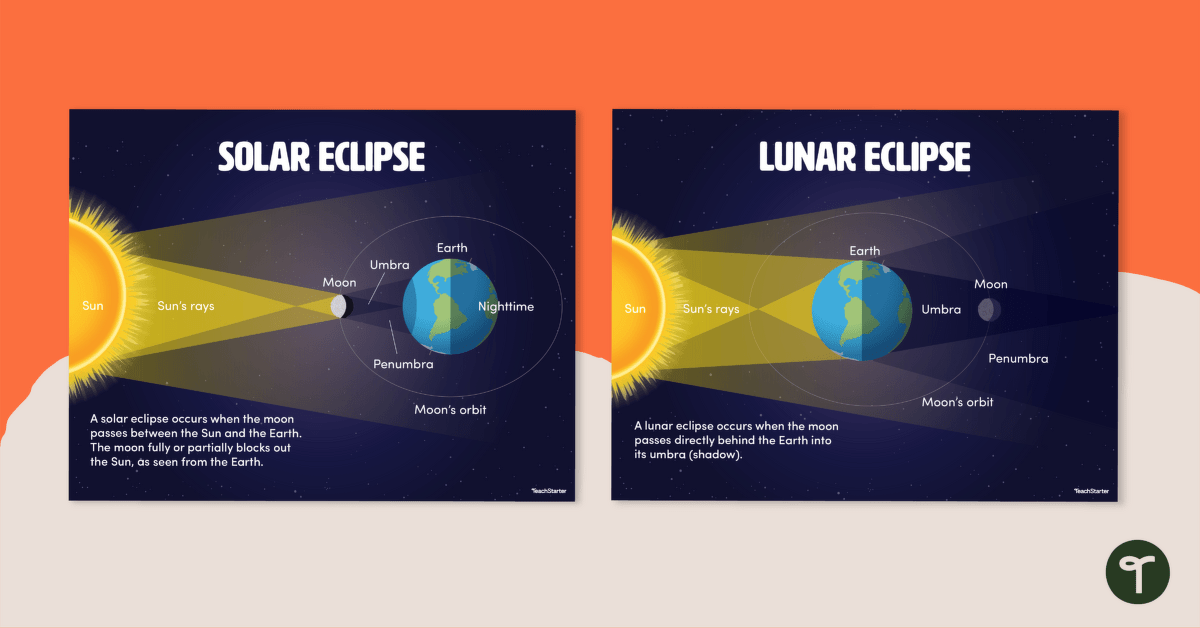

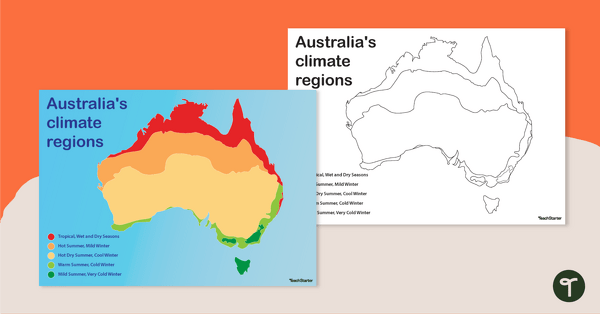
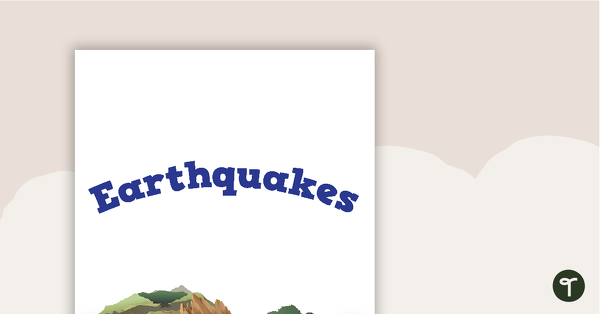
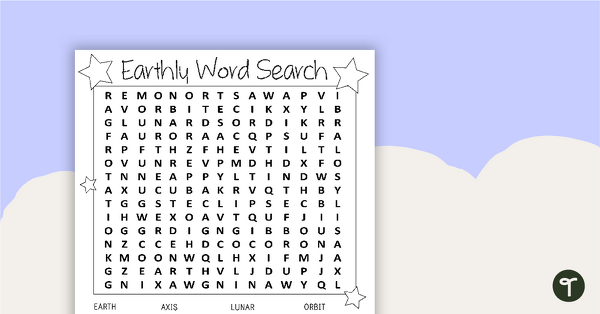
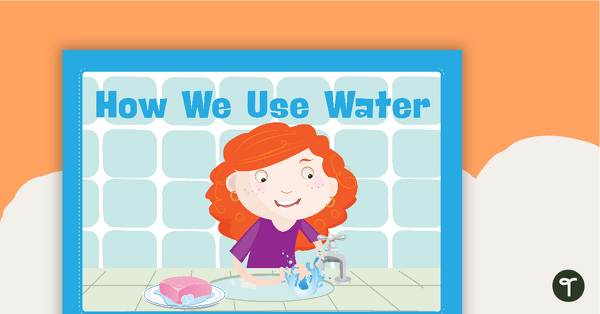
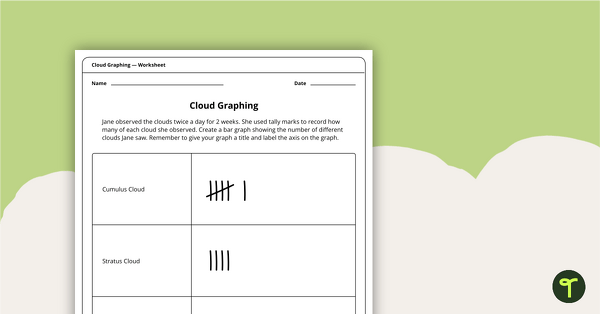
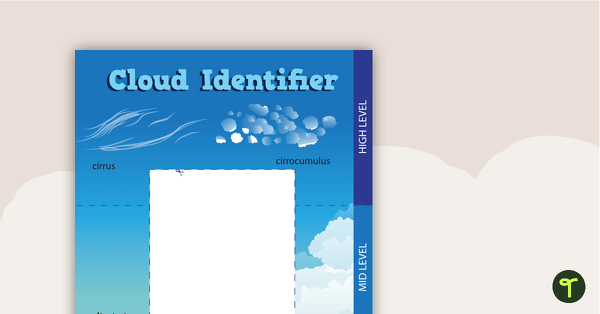
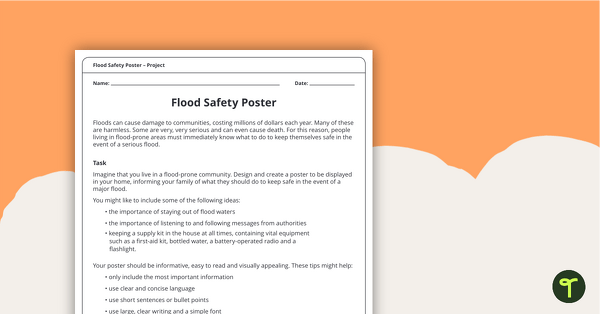
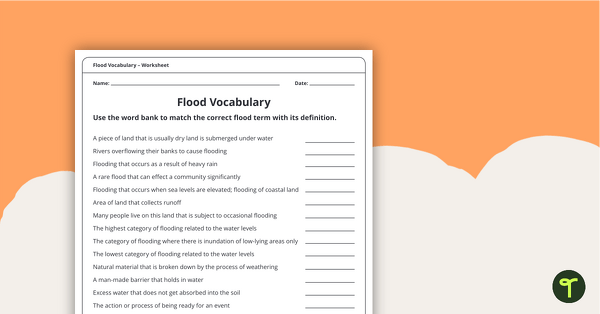
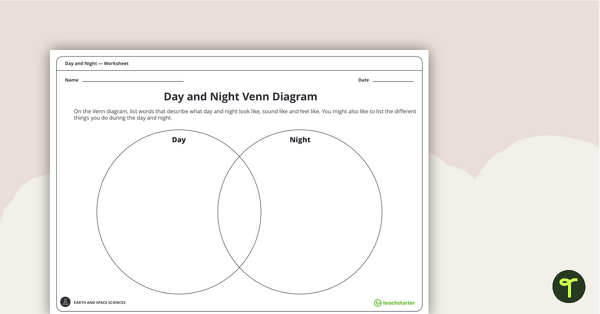
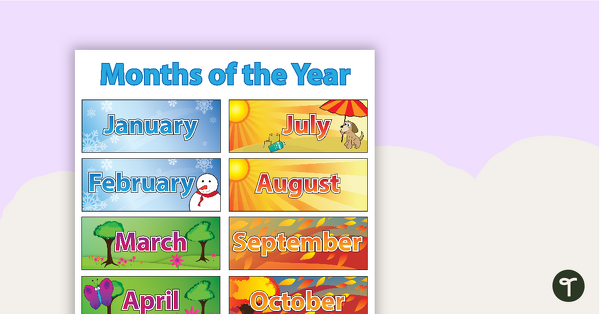
2 Comments
Write a review to help other teachers and parents like yourself. If you'd like to request a change to this resource, or report an error, select the corresponding tab above.
No comments yet.